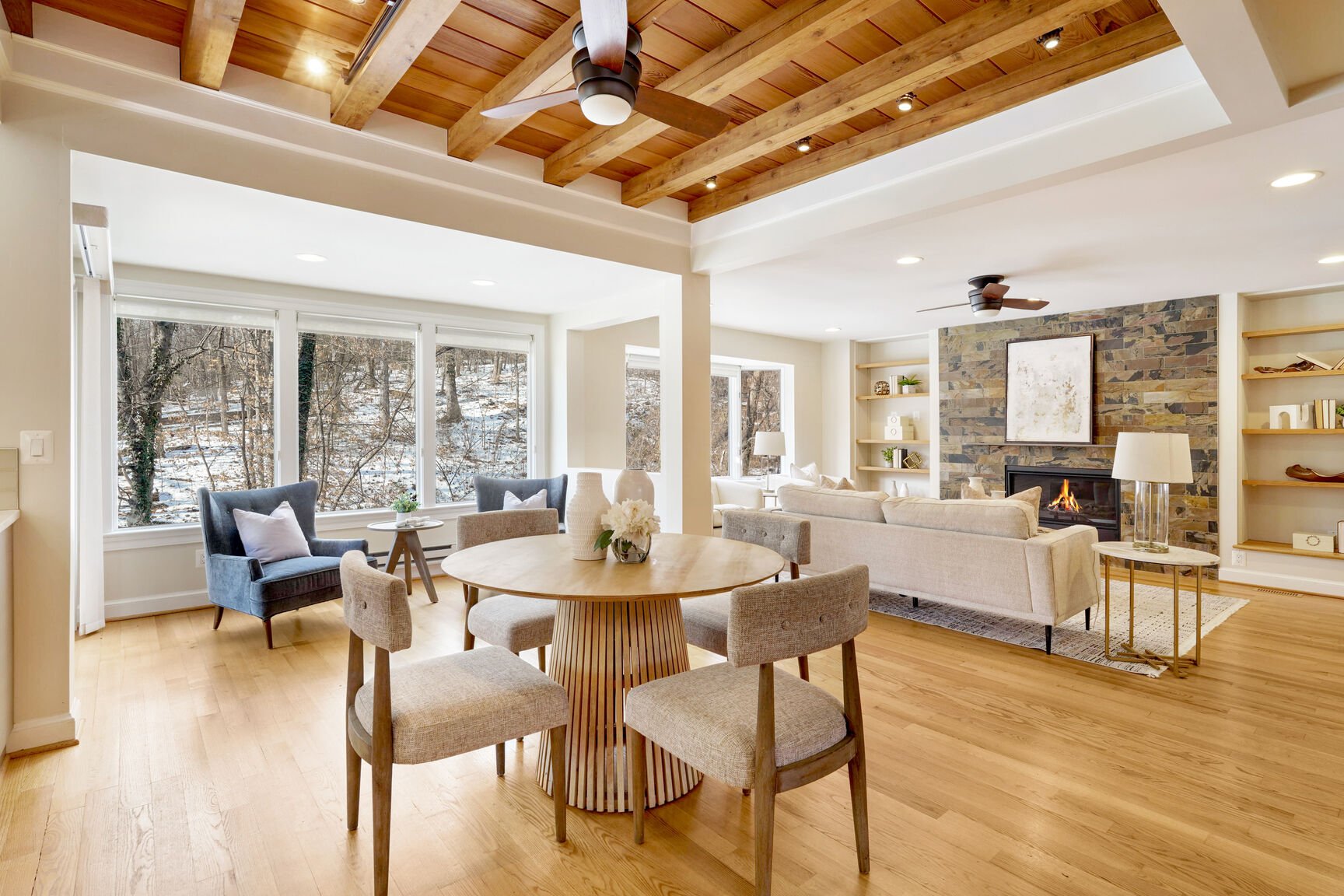Remembering the Musical Side of President Jimmy Carter

The following is a guest post by Senior Music Specialist Loras John Schissel, in memory of President Jimmy Carter (1924-2024).
“I always thought music was our best ambassador, I think music is the best proof that people have one thing in common no matter where they live, no matter what language they speak.”
President Carter interview, “Jimmy Carter: Rock and Roll President”
An excellent documentary “Jimmy Carter: Rock and Roll President” was recently aired on CNN. Bob Dylan, Willie Nelson, Bono, and others paid tribute to President and Mrs. Carter’s love of popular music of all kinds—rock and roll, jazz, country, and spirituals. To be sure, the Carters’ White House years were marked by a greater appreciation and celebration of American music than any administration before. During that time, Johnny Cash, Eubie Blake, Dizzie Gillespie, and Max Roach performed at the White House. On June 18, 1978, the Newport Jazz Festival celebrated its 25th anniversary at the White House. Charles Mingus, Sonny Rollins, Herbie Hancock, Dexter Gordon, and more than 30 musicians performed. The Carters were also enthusiastic lovers of concert music. They hosted 39 state dinners (a record), affording them the opportunity to showcase top-tier performers including soprano Leontyne Price and pianist Vladimir Horowitz. We have selected some treasures from the holdings of the Music Division in the Library of Congress to celebrate Jimmy and Rosalynn Carter and their love of American music.
President Carter featured conductor Andre Kostelanetz and a special orchestra of members of the U.S. Marine, Air Force, and Army bands to perform a White House “Promenade” concert for members of Congress and their families on May 2, 1978. In his opening remarks, Carter saluted Kostelanetz and his ability in “getting perfect harmony from three different military services, which is something that I have not always been able to do.” Later he added, “And I think that when you hear the last selection, which is the 1812 Overture, it will remind you of the kind of leadership breakfast that I have with the congressional leaders every two weeks.”

Kostelanetz related a humorous story to his biographer, Gloria Hammond: “I noticed during the rehearsal, that the musicians were suddenly focused on something behind me. At a pause, I turned around to see President Carter sitting on the grass listening to us with his shoes off. ‘Don’t mind me, maestro,’ he said, ‘I’ve never had the chance to watch and hear an orchestra rehearse.’”


President Carter considered Aaron Copland one of our greatest American composers; he not only invited Copland to attend his inaugural concert in 1997, he wanted Copland to conduct his own works.

In November 1980, the National Symphony Orchestra performed a gala concert celebrating Aaron Copland’s 80th birthday. Coming off the defeat in the 1980 presidential election, the Carters had not been scheduled to attend. Leonard Bernstein, a close friend of the Carters, convinced them that their attendance would mean a great deal to Copland. At the last minute, the Copland family was moved from the Presidential Box, and President and Mrs. Carter attended—to the surprise and delight of Copland and the audience.

Leonard Bernstein would probably top the list of President Carter’s favorite musicians of all time—and the respect was mutual. Humphrey Burton, in his biography Leonard Bernstein, relates that after a long discussion on politics at the White House, President Carter wrote on Bernstein’s dinner place card: “Please come and see me anytime.” Bernstein had it framed.
In 1976, Rosalynn Carter narrated Copland’s Lincoln Portrait at a fundraising concert with Bernstein conducting.


The Camp David Accords were negotiated by President Carter between Egyptian president Anwar Sadat and Israeli prime minister Menachem Begin in September 1978. During the period between these accords and the signing of the peace treaty in March 1979, Bernstein toasted Carter at an Israel Bond Drive. Carter saw the photo and sent Bernstein a thank-you note for his heartfelt—if slightly premature—words.


As the 1988 presidential election got into full swing, Bernstein sent his friend, Jimmy Carter a plea: “DEAR JIMMY: PLEASE RUN. FAITHFULLY, LENNY.” Jimmy Carter penned an appreciative—if slightly guarded—response.

These are but a few—but hopefully illuminating—Carter treasures in the holdings of the Music Division. Not since the days of the John F. Kennedy administration, had the fine arts been such an integral part of the White House. This is an invitation to study more closely the arts in American presidential politics that are held in the Library of Congress (many now available online).
In closing—and on a purely personal note—as a musician and a fellow Navy man, I wish President Carter Safe Seas and Fair Winds, Sir.
Source: View source





